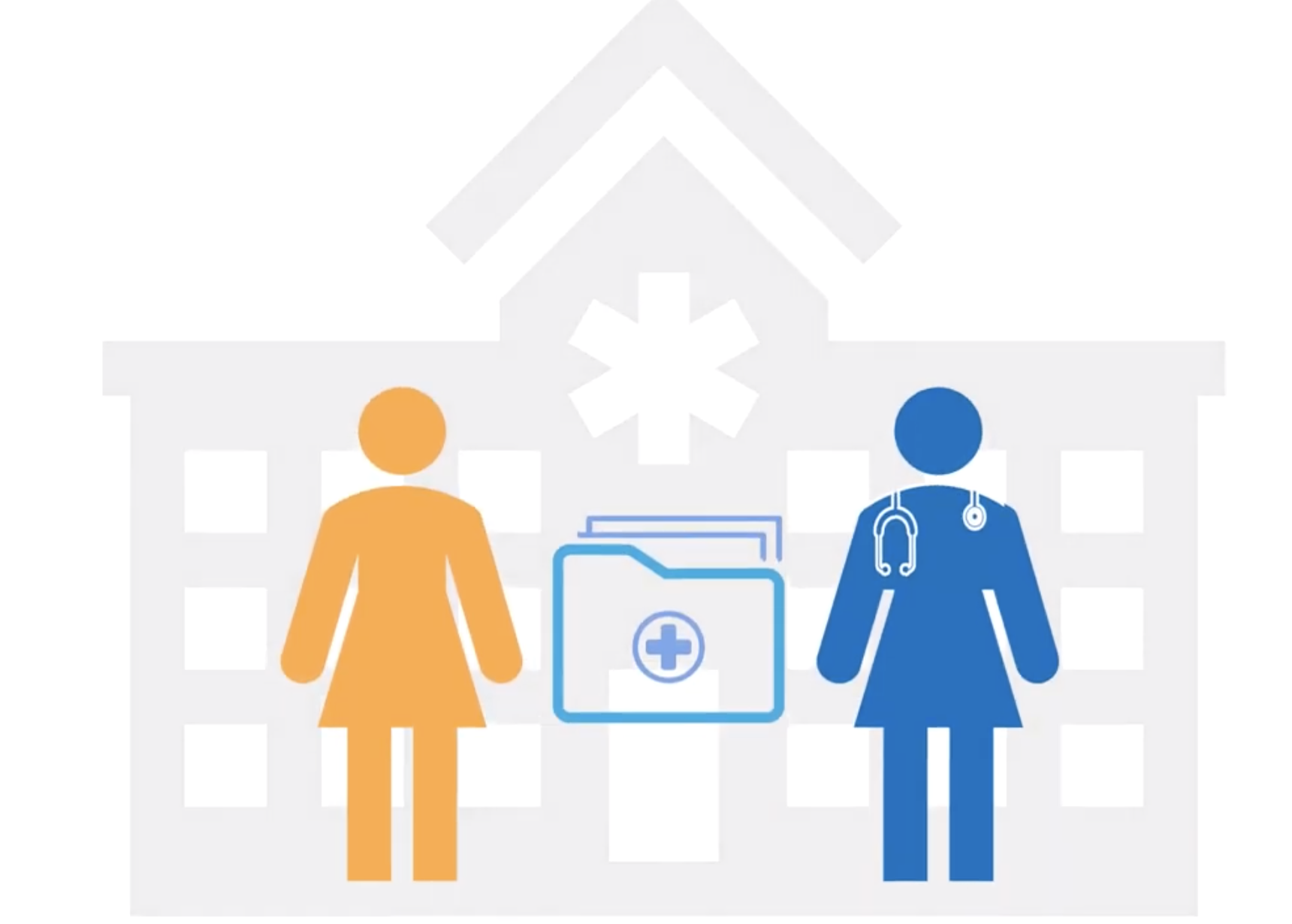Hospitals and subspecialists are being called on, now more than ever, to provide their expertise to patients without an in -person face-to-face visit. With the need for social distancing and stay at home orders, patients seeking second opinions are looking for the best medical expertise they can get without having to stray too far from home.
For patients in more rural areas or for more complex and critical cases, sometimes urban or even regional centers are where that expertise is more likely located. Traveling, sometimes long distances, to one of these facilities without first knowing whether they are ready and capable of treating that condition is often not advised. Instead, patients would prefer to communicate their case information in advance and only travel if the facility expects the visit to be advisable.
Hospitals seeking to expand their reach and perhaps even to increase revenue are heeding the call. But to do so requires a solution that captures patients' clinical information, performs video consults and enables them to communicate with the patient, his or her referring physician and other health care experts both within ad outside of their own facility. Choosing which to use is a challenge.
Hospitals need to choose whether to acquire their own software to expose their unique expertise and brand to a larger audience or become a recipient for a third party network of specialists that refer cases to the hospital. The decision usually comes down to whether the hospital wants to control its own process and outsource the administration of these cases or whether this service will be part of the hospitals core offering.
Below are some of the considerations for which approach to select.






